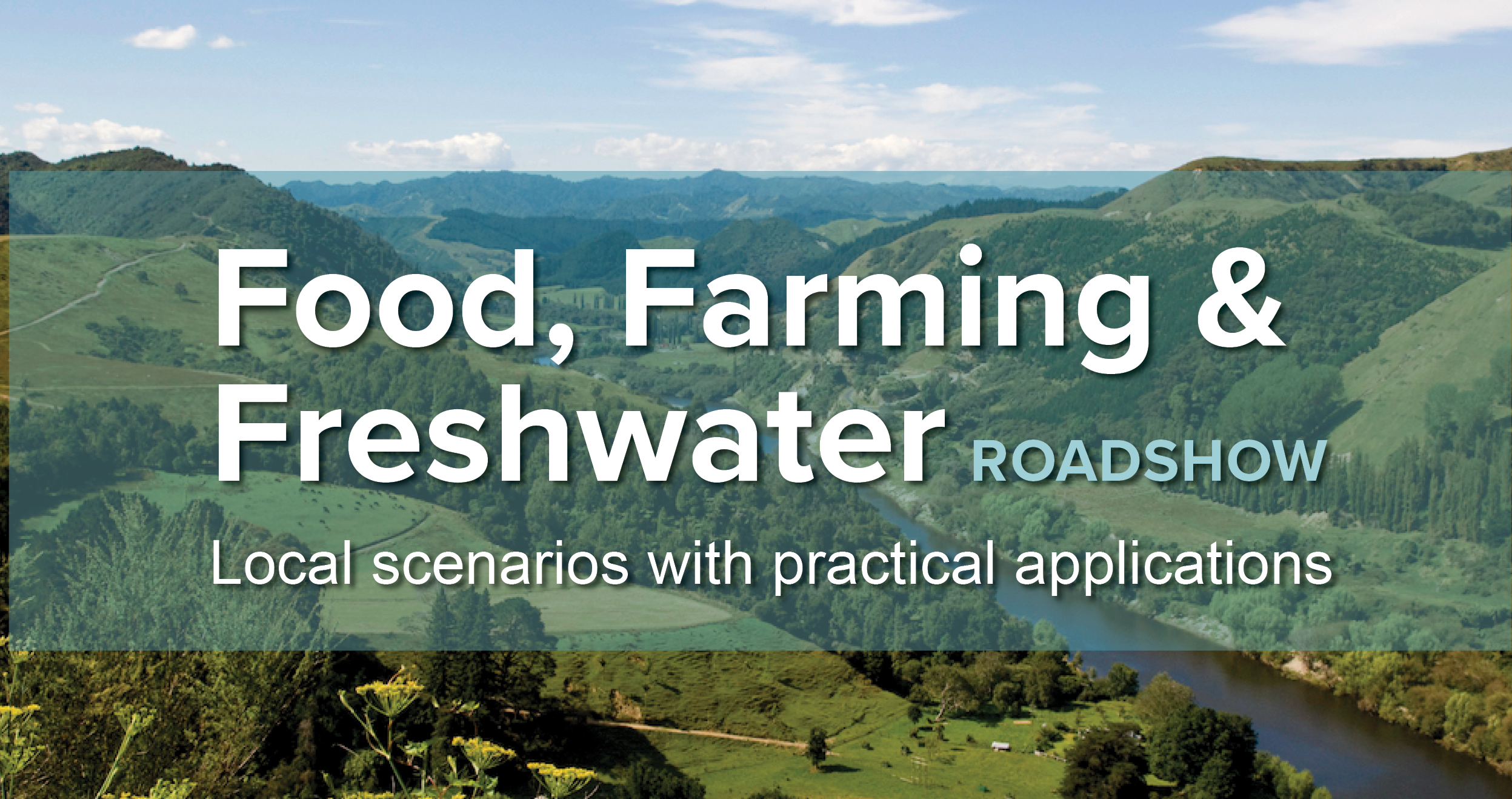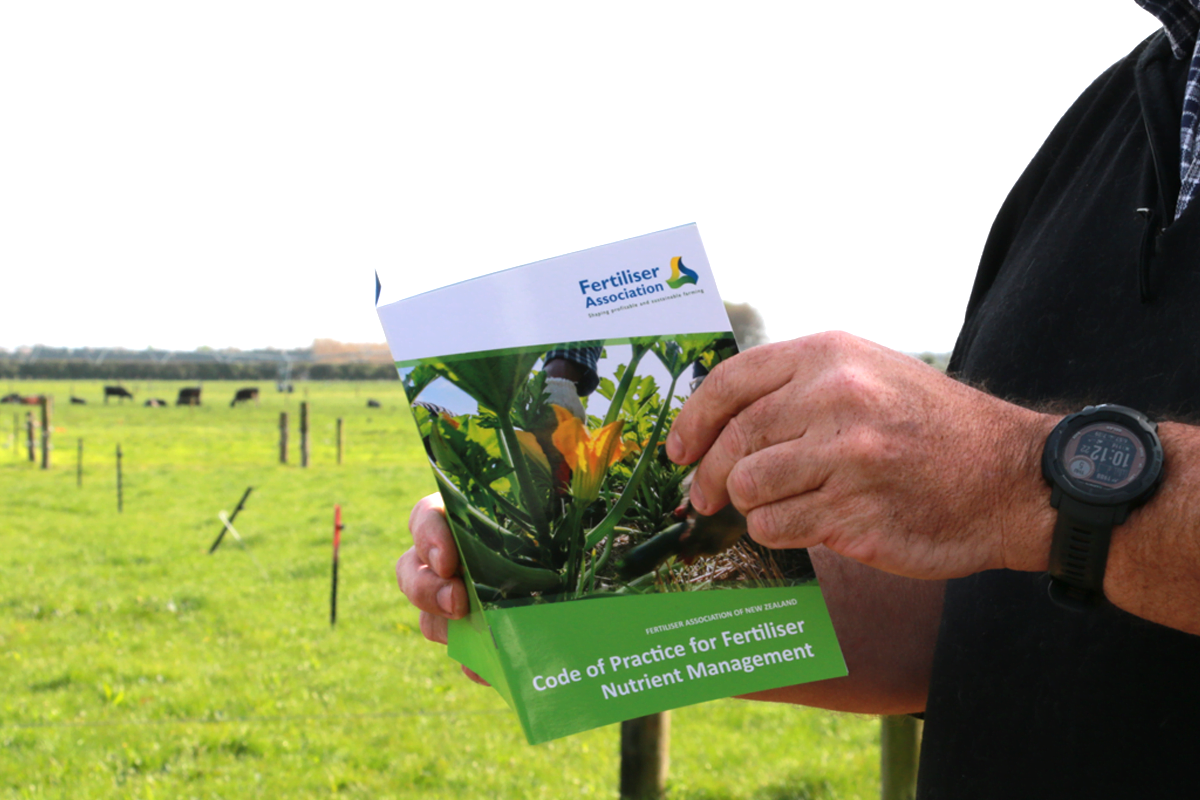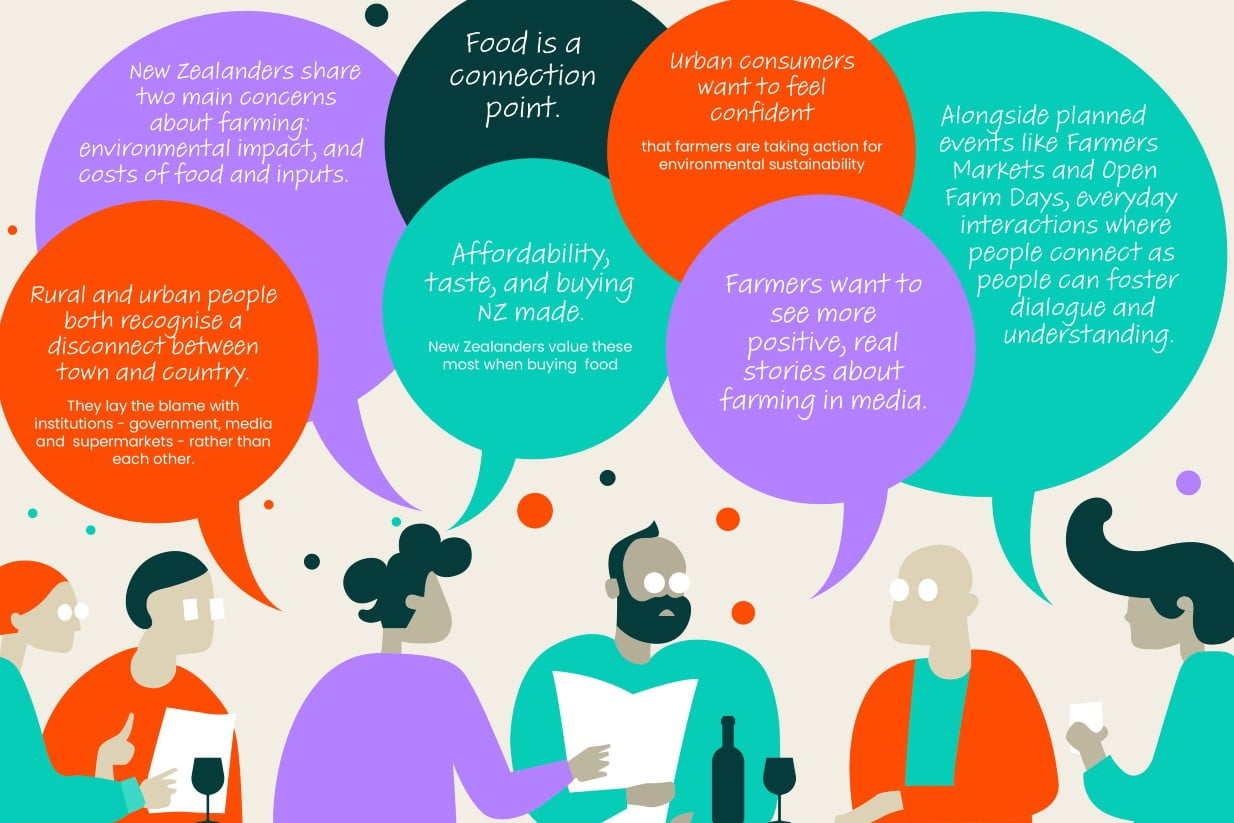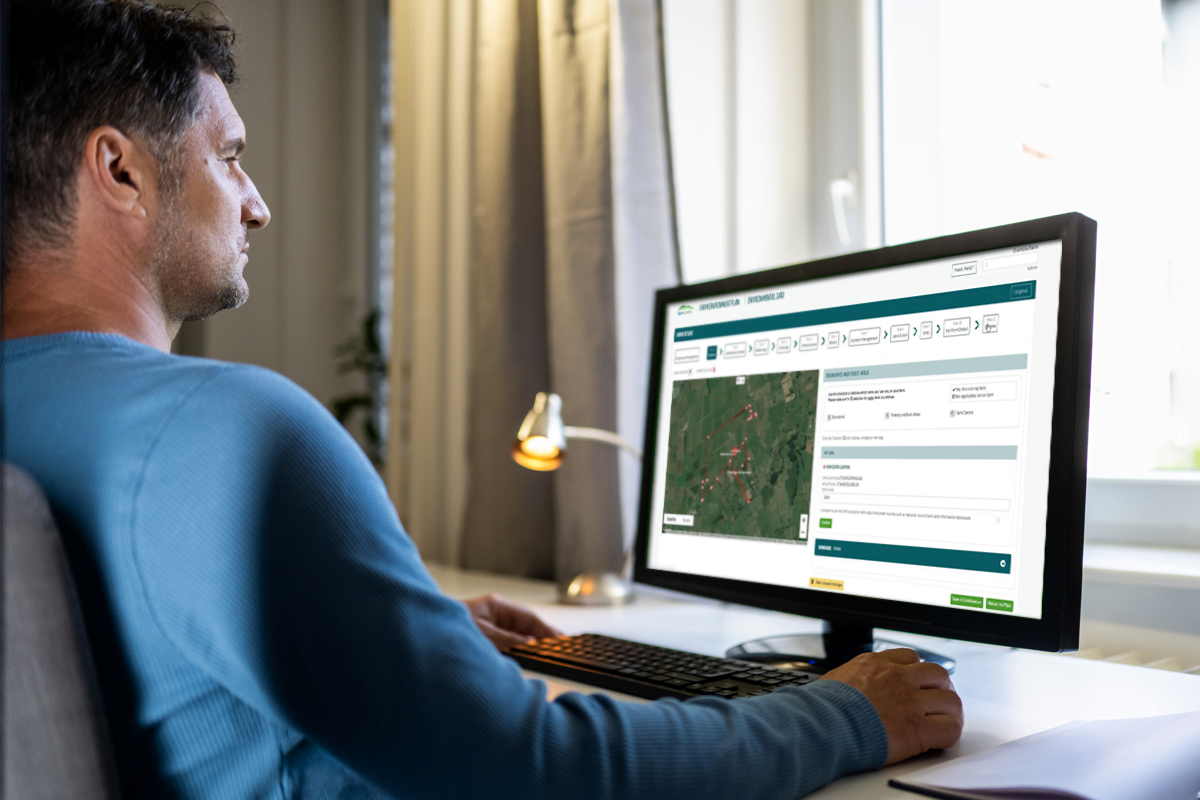Resilience Indicators Supported MPI’s Rural Hubs Initiative
The Ministry for Primary Industries established 16 rural community hubs in remote communities over 2019–21, an initiative that was influenced and guided by research on rural resilience from Our Land and Water and AgResearch.
The Ministry for Primary Industries (MPI) established 16 rural community hubs in remote communities over 2019–21, an initiative that was influenced and guided by Our Land and Water research on rural resilience.
Rural hubs are a new initiative in New Zealand to support rural communities to build social relationships. MPI provides funding to help a community group access or rejuvenate a space like a community hall, employ a co-ordinator, undertake strategic planning, or connect with organisations that can provide services or resources.
For example, Te Riu o Waiapu Trust (a collective of eight marae and hapū groups) had been delivering community activities such as singing and computer classes from an unused school building in Tikitiki, Gisborne. MPI rural hub funding enabled the group to pay a co-ordinator and develop a wider programme.
The rural hub initiative forms part of a strategic shift within MPI to widen its support for farmers and their families to include all the networks of people who make up rural communities in New Zealand, such as those who run shops, work in schools, and provide services.
Research by the Indicators Working Group was used within MPI to inform and justify the rural hub initiative. The book Heartland Strong, a joint output from this research and an aligned AgResearch programme, Resilient Rural Communities, was also used by MPI staff to guide their understanding of the needs of rural communities and gain support for the strategic shift.
Paul Chantrill, senior regional analyst in the Rural Communities & Farming Support Directorate at MPI, was a key person leading the rural hub initiative. “The idea to focus on community issues and challenges came strongly from the research,” he says. “The critical thing the research helped us do is come up with a practical project that helps diagnose and deal with core challenges for rural communities.”
“From a public policy perspective, what gets measured, gets managed”
— Dr Bill Kaye-Blake, principal economist, NZ Institute of Economic Research
Why is it important to measure rural resilience?
Rural communities need to thrive because they are crucial to our wellbeing as a country. However, they face increasing challenges, including social isolation, accessing services, and complexity in managing environmental issues.
For Our Land and Water to achieve its objective to maintain and improve our land and water quality for future generations, some land-use change will be necessary in some parts of New Zealand. This could impact jobs, services and social cohesion in rural communities. Initiatives such as rural hubs can support the process of change by helping rural communities adjust and respond positively.
Dr Bill Kaye-Blake, principal economist at the New Zealand Institute of Economic Research, was involved in the Indicators Working Group and Resilient Rural Communities. He says providing a framework and indicators for measuring resilience was important for having a policy impact. “From a public policy perspective, ‘what gets measured, gets managed’,” says Dr Kaye-Blake.
The research tackled the question, how can we tell if a rural community is resilient? It developed a method to measure rural community resilience using Statistics NZ data, and a framework to assess community perception of resilience across six dimensions (social, economic, cultural, environmental, institutional, external). Investment from Our Land and Water allowed the aligned research to focus on measuring resilience – a unique opportunity due to the National Science Challenge mandate to improve research alignment and reduce duplication.
A key finding was that strong resilience in one dimension can compensate for weak resilience in others. The research can help rural communities identify different ways to grow resilience based on their own characteristics.
Data is useful, but engagement is also needed
The research showed how available data could be used to understand rural communities, and that external data alone isn’t enough: it is important to engage with communities and understand them from the inside.
A key finding was that strong resilience in one dimension can compensate for weak resilience in others. The research can help rural communities identify different ways to grow resilience based on their own characteristics.
“The powerful thing about the research was that it showed opportunities to respond to what had been lost from rural communities – especially social capital, bonding, and cooperation,” says Chantrill. “Supporting rural hubs was an important, practical way we could support those community threads and bonds.”
“It was important that research was done and brought to government attention, so we could find effective ways to support rural communities more directly. Some initial work had been done, but had not progressed to funding a rural hub. The book and the research provided impetus to look at practical ways to make a difference.”
MPI plans to increase the number of rural hubs across New Zealand to 22 over the next year and is working with AgResearch to further quantify challenges for rural New Zealand, so government can provide appropriate support.
This article was prepared as an impact case study for MBIE as part of Our Land and Water's 2020–21 annual reporting requirement.
More information:
- Indicators Working Group research
- MPI's page on Rural Community Hubs, including how to apply for funding
- Heartland Strong by Margaret Brown, Bill Kaye-Blake and Penny Payne (Massey University Press)
- Targeting support for rural communities in the COVID-19 recovery, NZIER Insight 86-2020
- AgResearch's Resilient Rural Communities
Author
 View Our Strategy Document 2019 – 2024
View Our Strategy Document 2019 – 2024




Leave a Reply